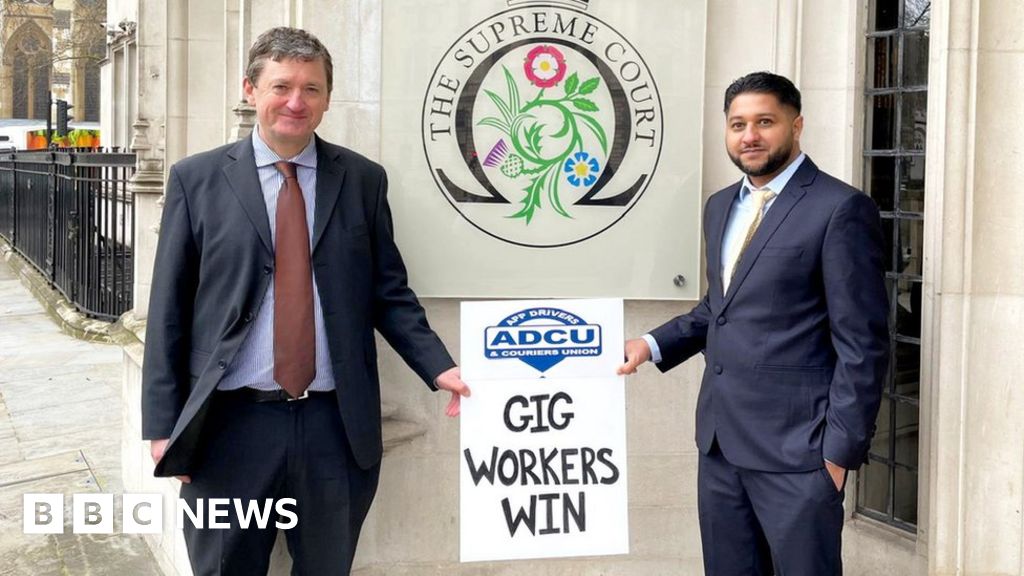A lot of people doing this sort of crappy on-demand gig job is because there is nothing else, which does highlight significant failings in every level of modern economics. But the one time I used one of these services, the guy doing the driving was a chef with a full time job, and he worked for this service during peak hours for the extra money. Clearly the pull for this guy was that he could work (or not work) whenever he wanted, and I find it unlikely he wanted any more than what he was getting, in terms of hours, etc. I wouldn't want to penalize anyone for working more, if that's what they want.
The problem with involving a bloated government bureaucracy in this is that it is extremely easy to sidestep. Uber(and now others) was clearly set up as a gig-job deal, even if it is being overused by those who can't get anything better/more. So you seemingly end up with one of 3 scenarios:
1): The government overregulates these services into taxi services, which defeats the whole purpose for a lot of these jobs, which kills the industry in it's current form(and not everything about it is bad, like the aforementioned anecdote), and these "entrepreneurs" find out what level of interaction is required, and set up dozens/hundreds of smaller companies, so the regulation of the larger ones like Uber doesn't apply to them, which kills the larger companies, but does nothing to the smaller companies, just wasting everyone's time and money
2): The government regulates it, but sets up a bunch of arbitrary lines, which in terms of hours/revenue/miles driven (or whatever) determines level of pay/benefits/etc., and as a result the people running these services simply sidestep it (much the same way Amazon does), by changing their terms of employment before the regulation comes into effect, that allows them to choose how many hours drivers can work, and everyone ends up on the "gig job" side of the line.
3): The government half-asses it, for whatever reason, and the problems discussed don't change.
I don't really see a good outcome here, the government is simply too slow and incompetent to deal with the information age in a great many things, and the shift to a completely global mode of economics means there will never be anything better for these people without a complete change in the trade systems of the entire world. The issues as I see it isn't with e.g Uber, they're functioning mostly as intended, even though a great many of the people working for them are doing so because they have nothing else. The Uber problem is just a symptom, and if regulated improperly will just end up with these desperate people getting nothing, instead of the little they are getting, and the more that most of them deserve. And unless I am just being thick, I don't see how any level of regulation will actually solve this symptom-problem unless the root causes are dealt with first.

 www.bbc.com
www.bbc.com















